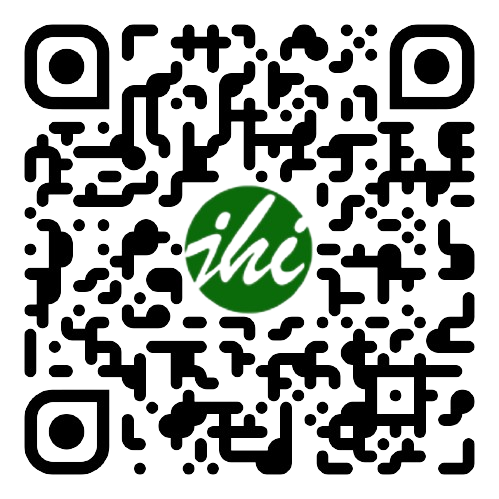Cryptocurrency as Investment in Commodity Futures Trading in Indonesia; Based on Maqāṣid al-Sharī’ah Approach
Abstract
Lately, cryptocurrency investors and transactions in Indonesia are thriving, the number of crypto asset investors as of the end of February 2021 has reached 4.2 million people, which exceeds the number of stock investors in Indonesia. This study aims to determine specifically cryptocurrency as an investment in commodity futures trading in Indonesia using the Maqāṣid al-Sharī’ah approach. This research uses a qualitative approach. The data collection technique used is literature study by collecting data from previous studies in the form of documentation of articles, journals, or books as well as publication data from other parties. The data analysis techniques used were data reduction, data presentation, and concluding, from the collected data analyzed through SWOT analysis (strengths, weaknesses, opportunities, and threats) then continued using the Maqāṣid al-Sharī’ah approach (Maṣlaḥah and Mafsadah). The results show that cryptocurrency technology with blockchain can indeed be recognized as an excellent revolutionary technology, but the position of cryptocurrency as an investment in commodity futures trading contains an element of gambling because it contains high speculation and is gambling by taking advantage of the level of volatility. In addition, cryptocurrencies are prone to be used by illegal practices such as money laundering, so that when compared to Maṣlaḥah and Mafsadah it contains greater Mafsadah.
Downloads
Published
How to Cite
Issue
Section
License

This work is licensed under a Creative Commons Attribution-NonCommercial 4.0 International License.
Jurnal Hukum Islam use a variety of waivers and licenses that are specifically designed for and appropriate for the treatment of data:
- Open Data Commons Attribution License, http://www.opendatacommons.org/licenses/by/1.0/(default)
- Creative Commons CC-Zero Waiver, http://creativecommons.org/publicdomain/zero/1.0/
- Open Data Commons Public Domain Dedication and License, http://www.opendatacommons.org/licenses/pddl/1-0/
Other data publishing licenses may be allowed as exceptions (subject to approval by the editor on a case-by-case basis) and should be justified with a written statement from the author, which will be published with the article.









.png)














